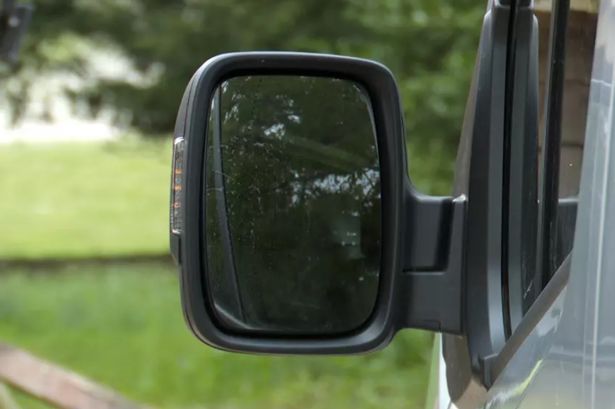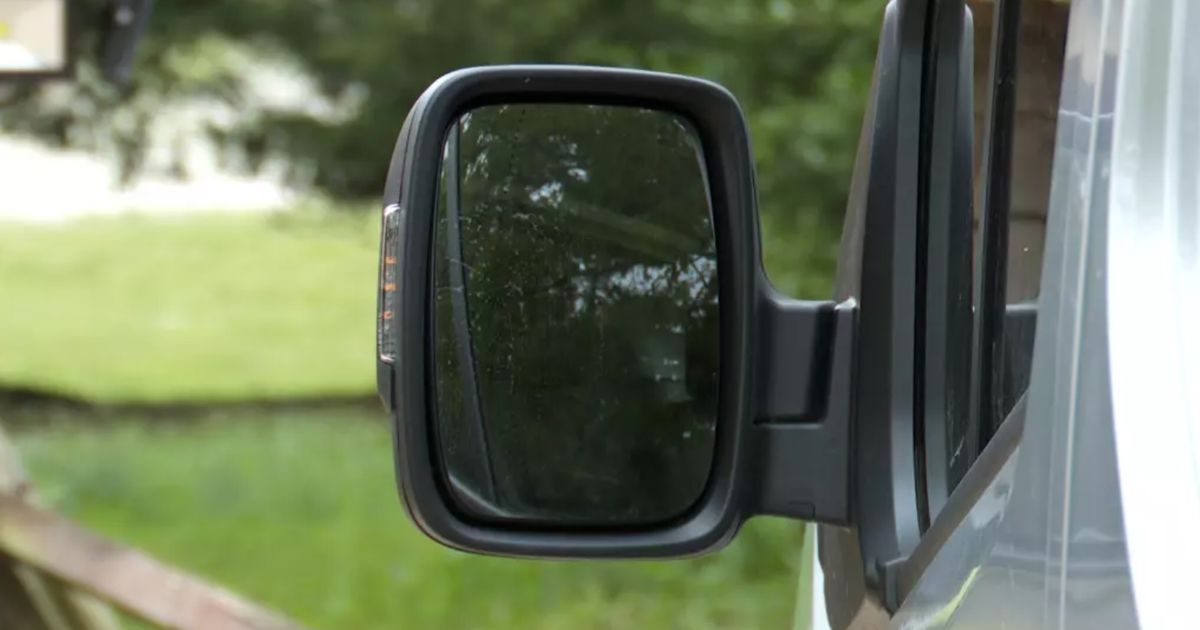The Labour Party government plans to allow some non-electric models to be sold in the UK until 2035, including petrol and diesel vans. Labour Party government plans to allow some non-electric models to be sold in the UK until 2035, including petrol and diesel vans.
Labour Party government plans to allow some non-electric models to be sold in the UK until 2035, including petrol and diesel vans.
A major boost has been handed to thousands of diesel drivers amid new rules from the Labour Party government. The Labour Party government plans to allow some non-electric models to be sold in the UK until 2035, including petrol and diesel vans.
It states: “Following consideration of the responses received to this consultation and views garnered from our extensive stakeholder engagement, the UK Government remains committed to delivering the manifesto commitment to phase out the sale of new internal combustion engine (ICE) cars by 2030 in a sustainable manner, with all new cars and vans being fully zero emission by 2035.
“We remain fully committed to delivering the ZEV mandate, in line with existing trajectories, complemented by a range of additional flexibilities to support manufacturer compliance.”
READ MORE All the dates in April UK faces snow as 23C temperatures drop massively
Sir Keir Starmer spent the weekend at Chequers making calls to other world leaders. A No 10 spokesperson said: “He updated on his plans to go further and faster to strengthen the UK’s economy and ensure it is as resilient as possible and can withstand these kinds of global shocks. He added that it would be important for the UK to strengthen its trading relationships with others across the globe at the same time.”
Darren Jones, the chief secretary to the Treasury, said the impacts on the global economy unleashed by the US would severely affect the UK economy and that there was little the government could do about it.
However, he told BBC One’s Sunday with Laura Kuenssberg programme: “What we can do is go further and faster on our plan for change here at home in the UK … On the UK economy, we’re trying to get ahead of these challenges.”
Ministers would be working “hand in glove” with business to make the economy as resilient as possible, Jones continued. “The world has changed. We knew that already on security and defence. It’s now true on global trade, and that’s why we have to go further and faster in investing in the economy and supporting businesses.”
He told Sky News that the lower 10% rate facing the UK was a “Brexit dividend”, when the EU had been hit with a 20% tariff, adding: “I’ve struggled to find one in the past but there is one we’ve ended up with.”
